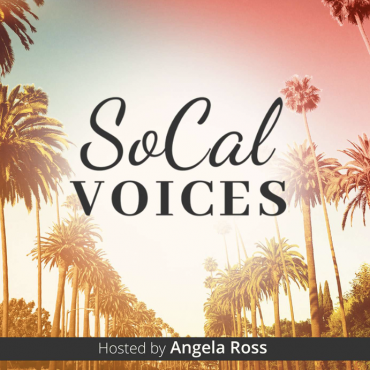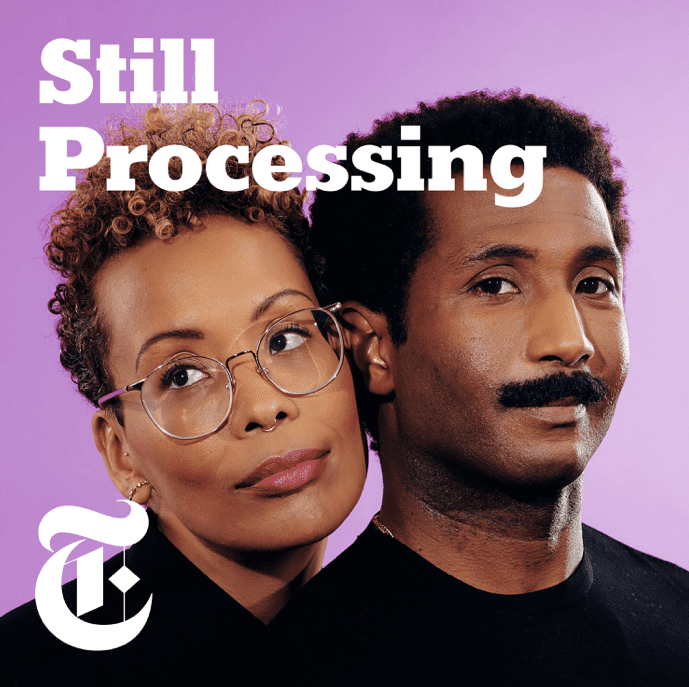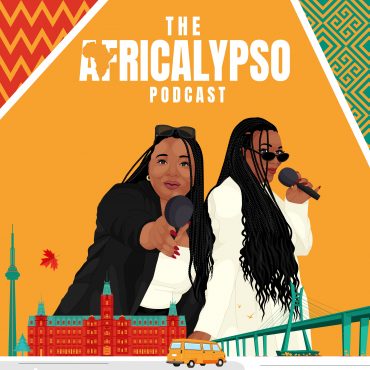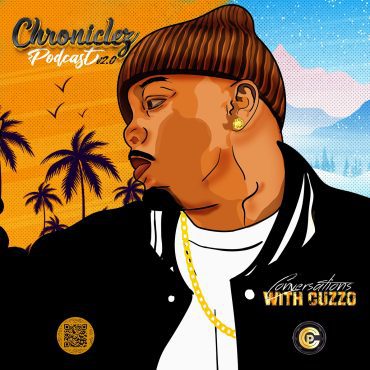
How Schools Make Race
Laura C. Chávez-Moreno is an assistant professor at UCLA and author of How Schools Make Race. Her research digs deep into the ways schools don’t just reflect race—they actually produce […]
 play_arrow
play_arrow
 play_arrow
play_arrow
Muscle Marvin – 12.19.25 podcast
 play_arrow
play_arrow
 play_arrow
play_arrow
 play_arrow
play_arrow
WUWY: Turning Pain Into Power podcast
 play_arrow
play_arrow
Thursday, December 18 podcast
 play_arrow
play_arrow
 play_arrow
play_arrow
 play_arrow
play_arrow

Six years ago, with the publication of The 1619 Project, Nikole Hannah-Jones argued that slavery was a foundational institution upon which the United States was built. President Trump called the project a crusade against American history — ideological poison that, “if not removed,” would “dissolve the civic bonds that tie us together.” Now, his administration is making a similar argument to attack diversity programs, historical discussions of slavery, civil rights and more as he pressures museums, schools, government agencies, national parks and other civic institutions to de-emphasize race.
Wesley contributed to The 1619 Project, and he sits down with Nikole to trace the project’s journey from publication to this moment — when Trump has returned to power on a message that explicitly rejected its premise.
Unlock full access to New York Times podcasts and explore everything from politics to pop culture. Subscribe today at nytimes.com/podcasts or on Apple Podcasts and Spotify.

Laura C. Chávez-Moreno is an assistant professor at UCLA and author of How Schools Make Race. Her research digs deep into the ways schools don’t just reflect race—they actually produce […]


Copyright Blackpodcasting 2025